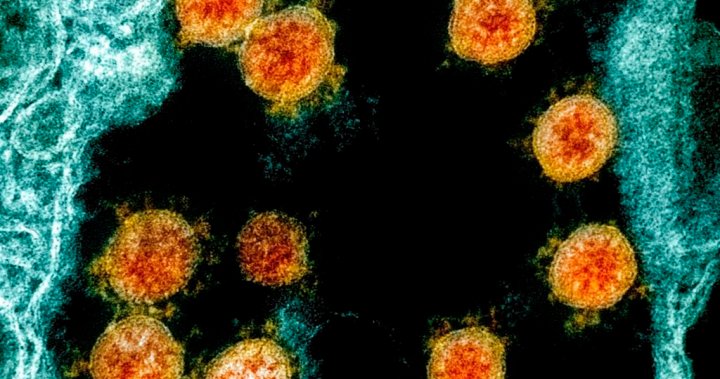The COVID-19 pandemic has had a drastic impact on millions of people worldwide, resulting in hospitalizations, extended periods of bed rest, and unfortunately, loss of life. However, there is a group of individuals who have contracted the virus but have not experienced any symptoms whatsoever. Scientists may have discovered the reason behind this phenomenon: the human leukocyte antigen (HLA), a molecule that assists the immune system in fighting early infections.
A mutated HLA gene, known as HLA-B*15:01, could potentially explain why some individuals never develop symptoms, even when infected with the SARS-CoV-2 virus. A study published in Nature found that people with this mutated gene were more than twice as likely to remain symptom-free, and those with two copies of the gene were more than eight times more likely to be asymptomatic. It appears that HLA-B*15:01 provides a significant advantage to the immune system, allowing it to recognize and combat the virus effectively.
Though the gene variant does not prevent the virus from entering the body, it does prevent the development of common COVID-19 symptoms such as fever, runny nose, and sore throat. To identify individuals with asymptomatic infections, researchers examined a database of bone-marrow donors and enrolled nearly 30,000 participants. Of those who tested positive for the virus, 136 remained asymptomatic.
The researchers then looked for connections between individuals with asymptomatic infections and variations in their HLA genes. Approximately 10% of the study’s population showed a link, indicating the presence of T-cells that could recognize COVID-19 even without prior exposure. One possible explanation for this lies in the variant’s exposure to other seasonal coronaviruses, such as those responsible for the common cold. This exposure may have provided the mutant gene with extra recognition skills, allowing T-cells to effectively identify pathogens, even if they haven’t encountered them before.
It is important to note that asymptomatic individuals can still spread the virus, despite not experiencing any symptoms. While they may have effectively fought off the infection, the virus could still be present in their bodies. Therefore, it is crucial for asymptomatic individuals to take precautions and prevent the potential spread of the virus to others.
Researchers hope that studies like the one published in Nature will increase awareness that being asymptomatic does not guarantee that someone is not contagious. By gaining a better understanding of the genes involved in combating COVID-19, scientists can potentially develop diagnostic tests and therapies that could aid in controlling the spread of the virus.
Denial of responsibility! VigourTimes is an automatic aggregator of Global media. In each content, the hyperlink to the primary source is specified. All trademarks belong to their rightful owners, and all materials to their authors. For any complaint, please reach us at – [email protected]. We will take necessary action within 24 hours.


